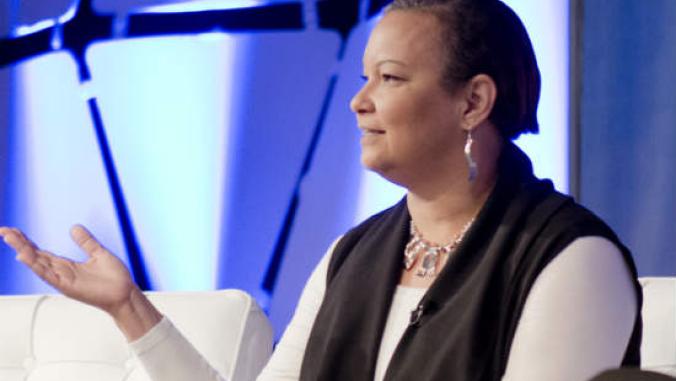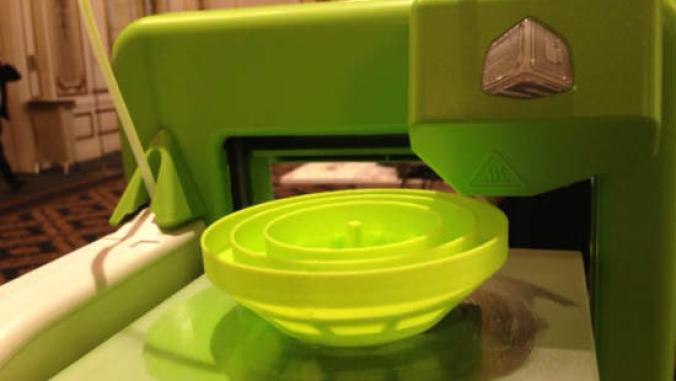Cocoa, Sugar Lead Surge in Fair Trade Imports
<p>Many Fair Trade products saw big import gains in the U.S. as the percentage of organic Fair Trade goods also increased.</p>

Fair Trade chocolate - CC license by Magic Madzik/Flickr
Imports of Fair Trade certified cocoa, citrus, sugar and honey soared in 2010, reports Fair Trade USA, which also found that adding the Fair Trade label to coffee boosts sales.
While the amount of Fair Trade coffee and overall produce imports stayed steady, a larger chunk of each was organic.
Fair Trade USA, a third-party certifier for products sold under the Fair Trade label in the United States, reports those changes in its 2010 Almanac, a chart-heavy look at what products are being bought, where they're coming from and how much premium is being paid for them.
By the end of 2010, there were more than 9,500 Fair Trade certified products from about 700 companies being sold at around 60,000 stores.
Chocolate bar makers primarily drove the 67 percent increase in certified cocoa imports in 2010 over 2009, but Fair Trade USA also notes that more companies are also using certified cocoa butter in body care products.
Other categories saw much bigger gains. "(There were) really incredible increases in sugar, honey, vanilla and spices," said Stacy Geagan Wagner, Fair Trade USA's marketing director. Imports for certified tea rose 38 percent, sugar went up 60 percent, honey surged by 267 percent and vanilla exploded by 365 percent.
Much of that came from companies looking to switch as many of their ingredients as possible to Fair Trade versions. Ben & Jerry's, for example, plans to convert to 100 percent Fair Trade ingredients where possible; since it sources local milk, that can't be certified. "We're really excited about companies like Ben and Jerry's going 100 percent and advocating for Fair Trade," Wagner said.
Within the produce category, imports of avocados decreased 73 percent as citrus went up 96 percent and mangoes went up 39 percent. Last year, certified pineapples and clementine oranges were imported into the U.S. for the first time since 2006 and 2007, receptively. Overall, produce imports only rose 2 percent, but the amount that was organic doubled.
Coffee imports also barely moved — a 1 percent increase — but also saw a boost in organic certification, by 27 percent. Sixty percent of Fair Trade coffee was organic in 2010, compared to 48 percent in 2009.
A study by researchers from the Massachusetts Institute of Technology, Harvard University and the London School of Economics found that coffee sales in stores are boosted by the Fair Trade label, with some consumers willing to pay a premium for certified beans.
The six-month study looked at purchases at 26 stores in a national grocery chain, and found that when the two most popular bulk coffees at each store were given the Fair Trade label, sales rose 10-13 percent. When the cost for higher-priced Fair Trade coffee was raised 8 percent, sales stayed steady. But when the cost of lower-priced Fair Trade coffee was raised 9 percent, sales went down 30 percent.
The culmination of all those import increases in imports also means a record high amount of community development premiums went to farmers. Last year, $14 million in premiums was doled out for building schools, funding scholarships, providing health care and other projects that are collectively chosen by cooperative members or farm laborers.
Fair Trade chocolate - CC license by Magic Madzik/Flickr





